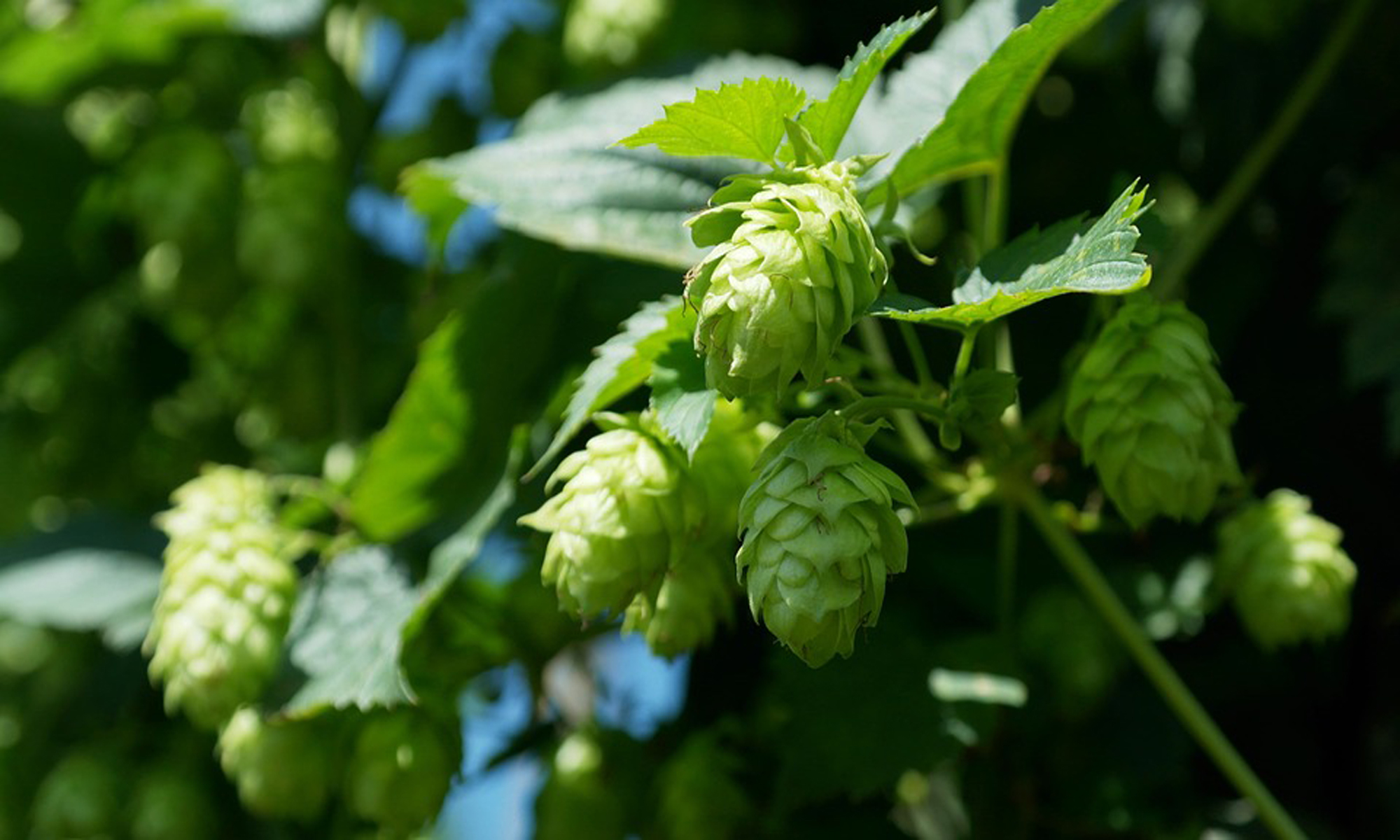A customer passed along an article about 1 Gallon brewing. It’s defiantly a good read. Until recently I never really heard about 1 gallon recipes. Now it seems like the more authentic option to get into brewing compared to the Mr. Beer kits. This style of brewing has defiantly picked up speed as well.

I do like some aspects of 1 gallon recipes and in others I really don’t like them at all. 1 gallon recipes are nice because they are in fact small and you can do an all-grain recipe on your stove. So if you live in a small house, or an apartment and you enjoy to brew but just don’t seem to have the space for it at the moment – this could be the option.
The type of brewer that this appeals to the most is also the type that likes brewing more than drinking their own beer. I’m included in this category, so it’s not meant as an insult. I give away a lot of beer compared to what I drink. Also if you are getting into brewing and want something a bit more, “Legit” then Mr. Beer, 1-Gallon recipes are great options. At least you get the fundamentals down and know what air locks and siphons are and also are using ingredients that are tangible rather than just some stuff in a can.

I however really don’t think that 5 gallons of beer is a lot. Just think football season and some friends coming over. But I understand that to some 10 bottles is more than enough. Different strokes for different folks.
Also if you are planning on doing 1 gallon batches, I would plan on getting your own digital scale. The reason being is that it’s a pain to measure out .67 or .93 oz of hops. It’s just hard to be that exact, so you would want to double and triple check your measurements. Truthfully I would actually switch over all the recipes to grams so you can be exact. And if you were to design your own recipe, I would design for a 5 gallon batch then do the math to work it down to a gallon. That method would just seem a lot easier. Which leads me to this point, the author of this article states:
If 5-gallon batches are your ultimate goal, I still think it’s worthwhile to start with 1-gallon batches. These 1-gallon batches are a great stepping stone — they’re more satisfying than brewing extract beers and they teach you all the fundamental steps you’ll need to up your game to 5-gallon batches. Also, it’s easier to experiment with a 1-gallon batch to get a beer where you like it, and then you can scale it up to 5-gallons with confidence in the result.
This is kinda a true statement, but not. It’s true if you go to grams not oz or pounds. Since you are working with such small numbers with 1 gallon recipes and measurements are very small, if you aren’t correct in your measurements you won’t be making the same recipe at 5 gallons, because most likely you didn’t start off exact (unless you go to grams). It’s like the analogy of being off course in the beginning of boat ride, the longer you go the more off you will be. So an experiment batch may not be exactly what you will get at 5 gallons. Also I don’t knock extract homebrewing (author does). There are reasons to switch to all-grain but don’t expect the beer to taste enormously better. We do have a whole series on how to make the switch if you are interested in that though.

At the end, I would say that it’s a cheaper way to get into brewing. Personally I would just recommend doing half batches of beer instead of 1 gallon because the math is easy and the container size is just a 3 gallon which doesn’t take too much space up either. For a pretty long time that’s all I did too, half batches of beer. While you might need a bit bigger of a pot of on the stove, and it may take just a bit longer to bring it up to a boil, it’s not that much more. And if you are concerned about bottles building up I would go the keg route and it would save a lot of problems that you have if that is an option that you have in the future.
With everything said, I like 1 gallon batches more than some other options and I think that brewing beer is brewing beer at the end. It doesn’t matter what anyone else thinks, as long as you are happy with it at the end – that’s what matters. Let me know what you think.
Cheers
Related Post
Homebrew Clubs In The Area
Session Beers
Summer Ale
Colonial Beers













